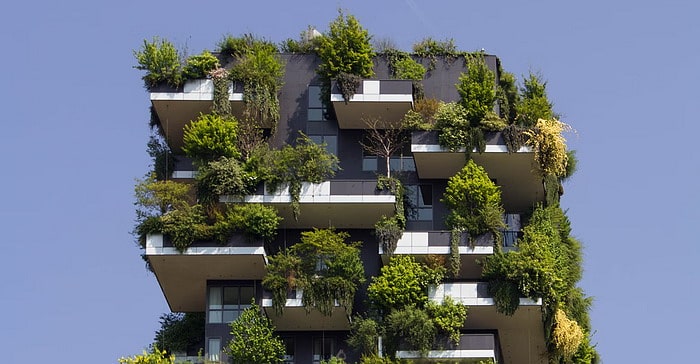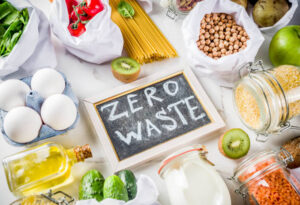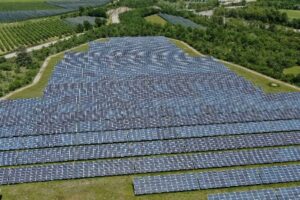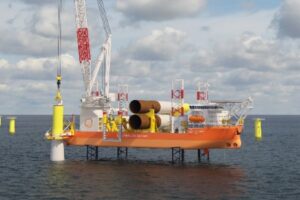How Land Developers Can Go The Extra Mile With Sustainability

Over the years, much has changed in the land development landscape. Buyer expectations are not the same as they look for more than quality and design excellence in properties. Most people wish to opt for eco-friendly projects as sustainability becomes a lifestyle factor rather than only a mindset.
If you are a land developer, you must align with buyer expectations to make your projects more marketable. Fortunately, you need not do much for eco-conscious land development. Here are a few ways to go the extra mile with sustainability for your projects.
Understand the meaning of sustainability
Sustainability is more than a buzzword, so it is vital to understand what being sustainable means. Essentially, it is about minimizing the impact of your business on the environment, but this is too generic for a definition. You must redefine sustainability in the context of land development.
The most significant steps you can implement for your projects include cutting down on your carbon emissions, going zero-waste, sourcing locally, avoiding single-use plastic, and recycling waste if any. Applying these principles to your development can give you the best start with eco-friendliness.
Prioritize legal compliance
You may not relate the legal aspects of land development with sustainability, but they really matter. Think of Environmental Permitting as more than a legal requirement for your projects. Of course, you must obtain the necessary permissions from the local, state, and federal agencies before initiating a project.
But remember that the overall goal of permitting is to safeguard human and environmental health. Ensuring relevant permits saves you from penalties and lawsuits and keeps your business ahead of environmental responsibilities.
Rethink your materials
Everything boils down to construction materials when it comes to the sustainability of land development projects. Rethink them by considering the thermal mass of every material you use. For example, brick, concrete, and masonry absorb warmth during the day and release it at night. You can use insulation to reduce energy consumption. It is wise to opt for green materials wherever possible, so you must find suppliers dealing with such materials.
Ensure enough insulation
Insulation is one of the most critical factors of sustainable construction. Keeping your development warm naturally can reduce energy consumption to heat it and cut down the energy bills for the residents. As a developer, you can achieve the insulation goals by incorporating relevant elements into the structure, such as the roof, walls, and floor. Simply speaking, your building should be airtight so heat cannot leak out.
Embrace technology
Embracing technology is another step that helps land developers achieve their sustainability goals. Consider integrating solutions like solar panels and biomass boilers to harness energy sources and cut carbon. Smart meters and automated thermostats can go a long way in cutting down power intake. Taking small steps with the apt technologies is enough to implement eco-conscious construction.
Land developers can achieve sustainability goals in more than one way, and most of them are within reach. Follow these simple measures to stay ahead of buyer expectations and compliance requirements.







